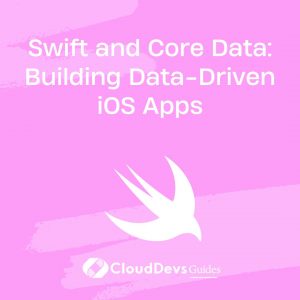What is ‘dynamic dispatch’ in Swift?
Dynamic dispatch is a fundamental concept in Swift and many other object-oriented programming languages. It refers to the mechanism by which the appropriate method or function to be executed for a particular object is determined at runtime, rather than at compile-time. This concept is crucial for achieving polymorphism, which allows different classes to respond to the same method or function call in a way that is specific to their individual implementations.
In Swift, dynamic dispatch is primarily associated with classes and methods. When you define a class hierarchy and override methods in subclasses, the compiler generates a dispatch table, also known as a vtable (virtual function table), which stores references to the actual methods associated with each object at runtime.
Here’s how dynamic dispatch works in Swift:
- Class Hierarchies: You create a class hierarchy where a subclass inherits from a superclass. You can override methods in the subclass to provide custom implementations.
- Method Calls: When you call a method on an object, the runtime system looks up the appropriate method in the dispatch table based on the object’s actual class.
- Late Binding: The method associated with the object’s actual class is then executed. This is known as late binding because the decision about which method to call is made at runtime.
Dynamic dispatch enables several essential object-oriented programming principles, including polymorphism, which allows you to write more flexible and maintainable code. It allows you to work with objects at a higher level of abstraction, where you can interact with them based on their common interface (superclass), rather than worrying about the specific implementation details in subclasses. This flexibility makes your code more adaptable to changes and promotes code reusability, as you can substitute objects of different subclasses without altering the calling code.
In summary, dynamic dispatch is a key feature in Swift that enables polymorphism and object-oriented programming principles, allowing for more flexible and maintainable code by determining method execution at runtime based on an object’s actual class.







